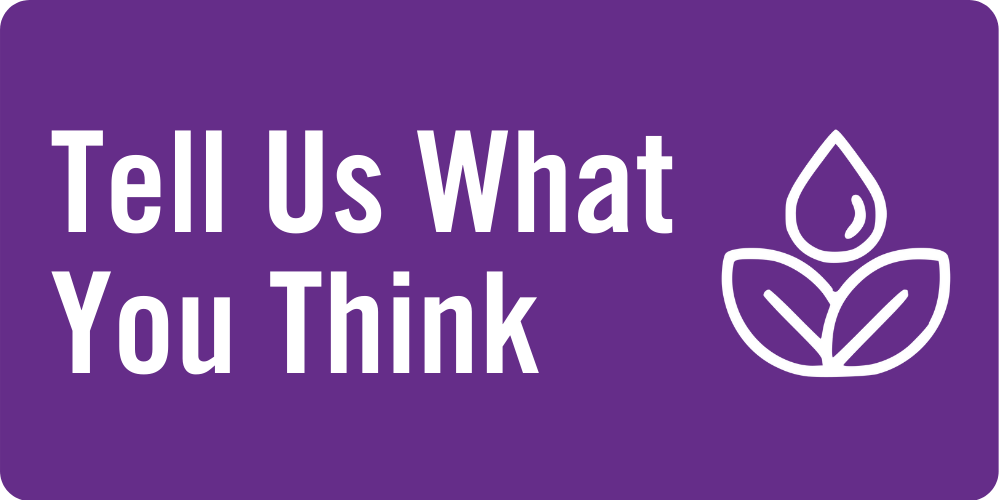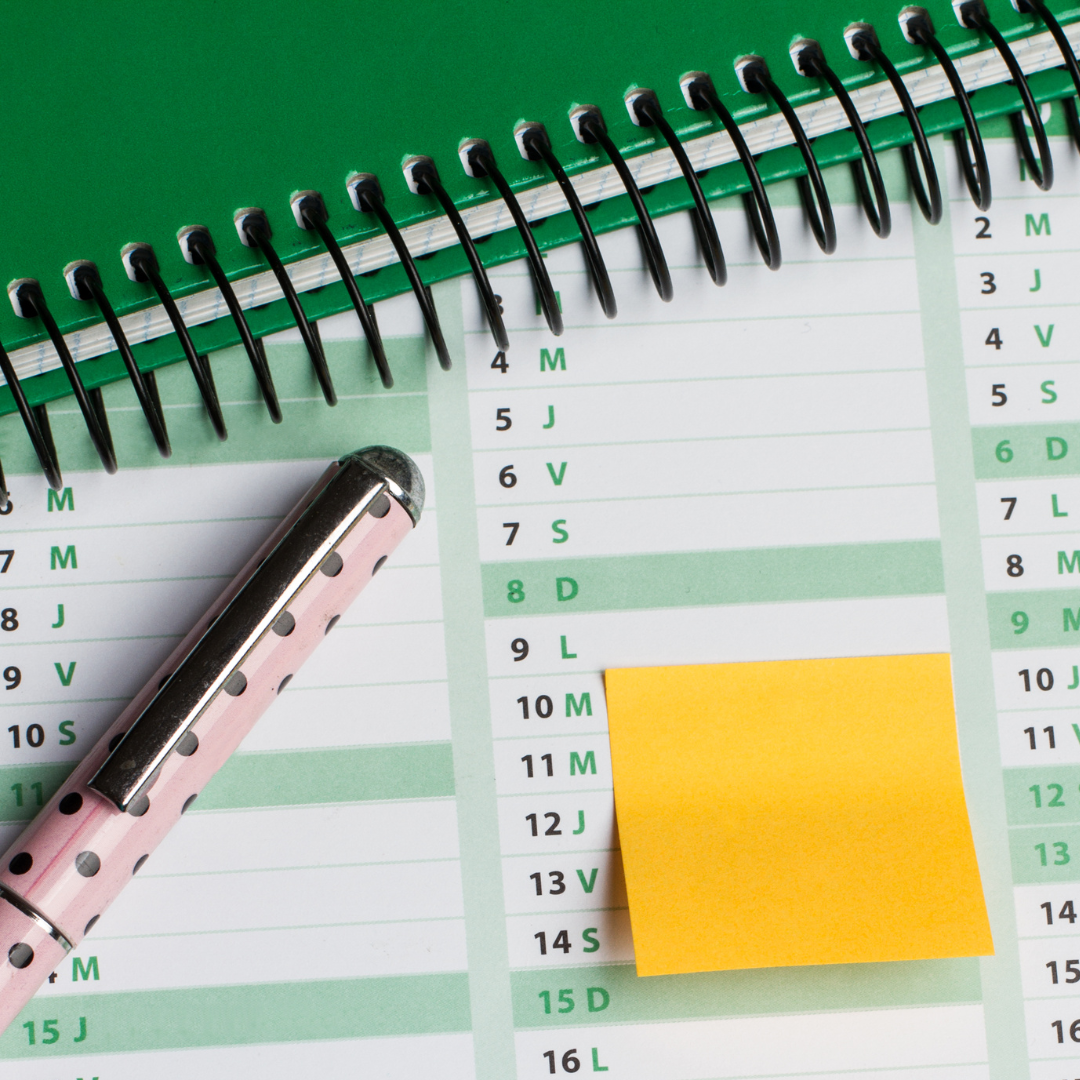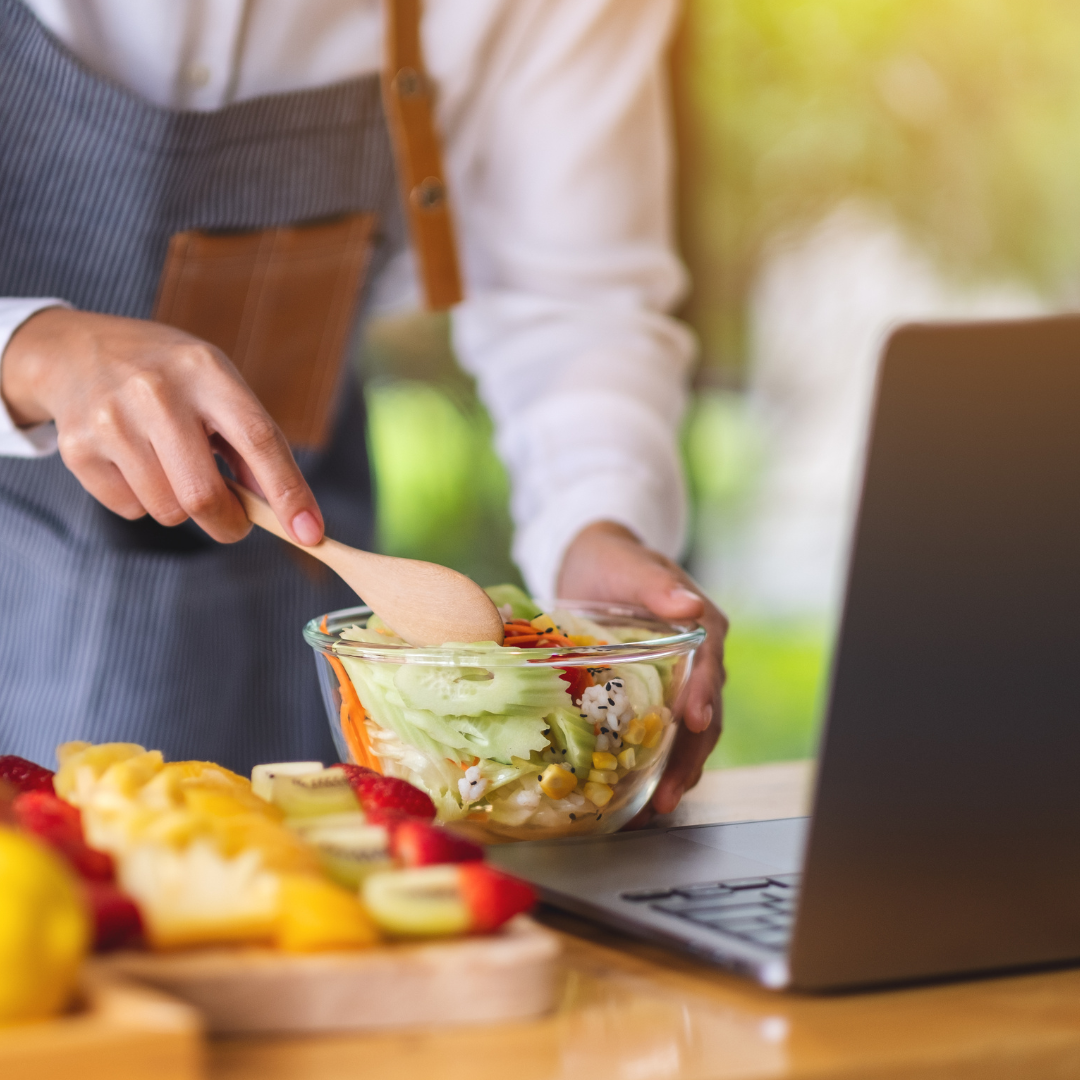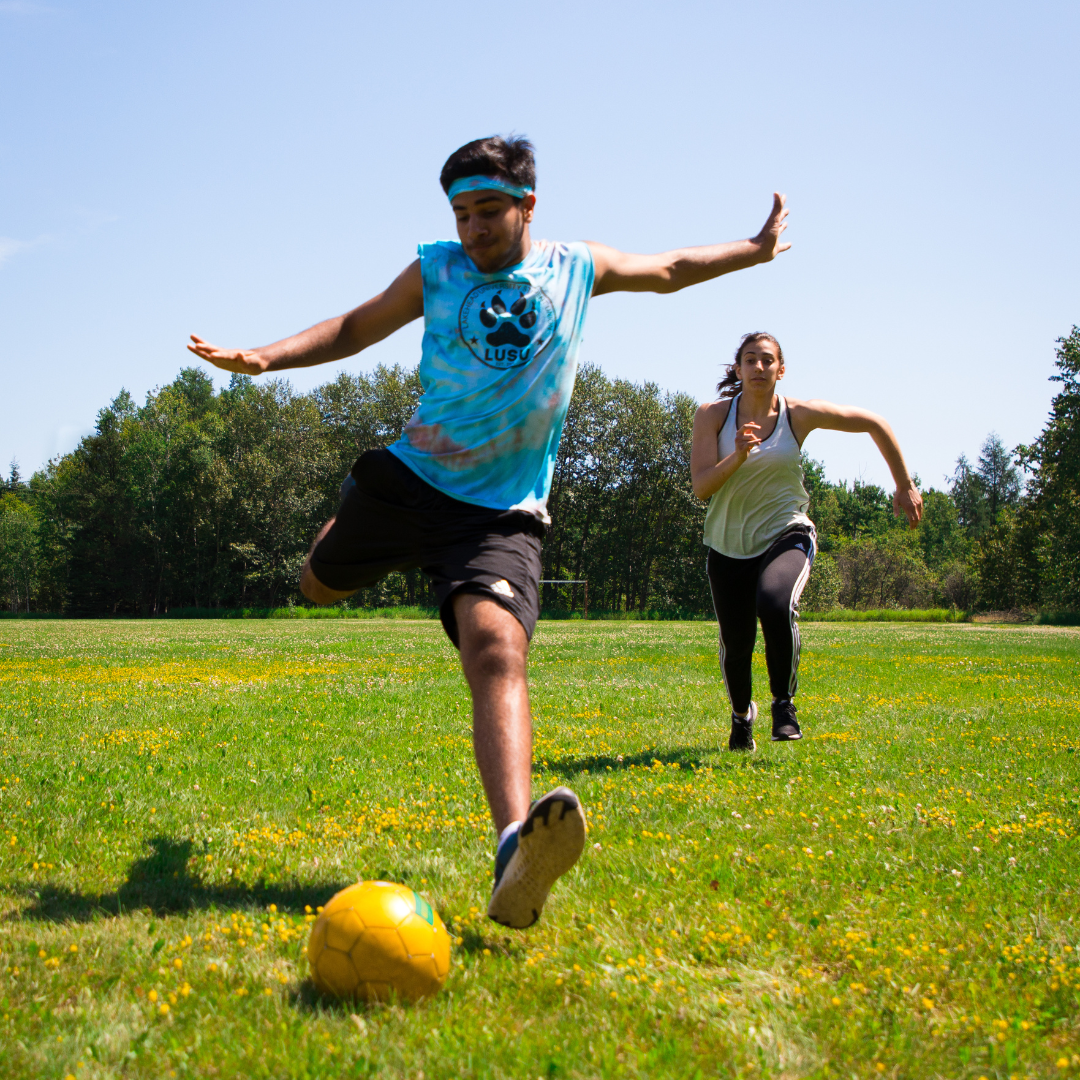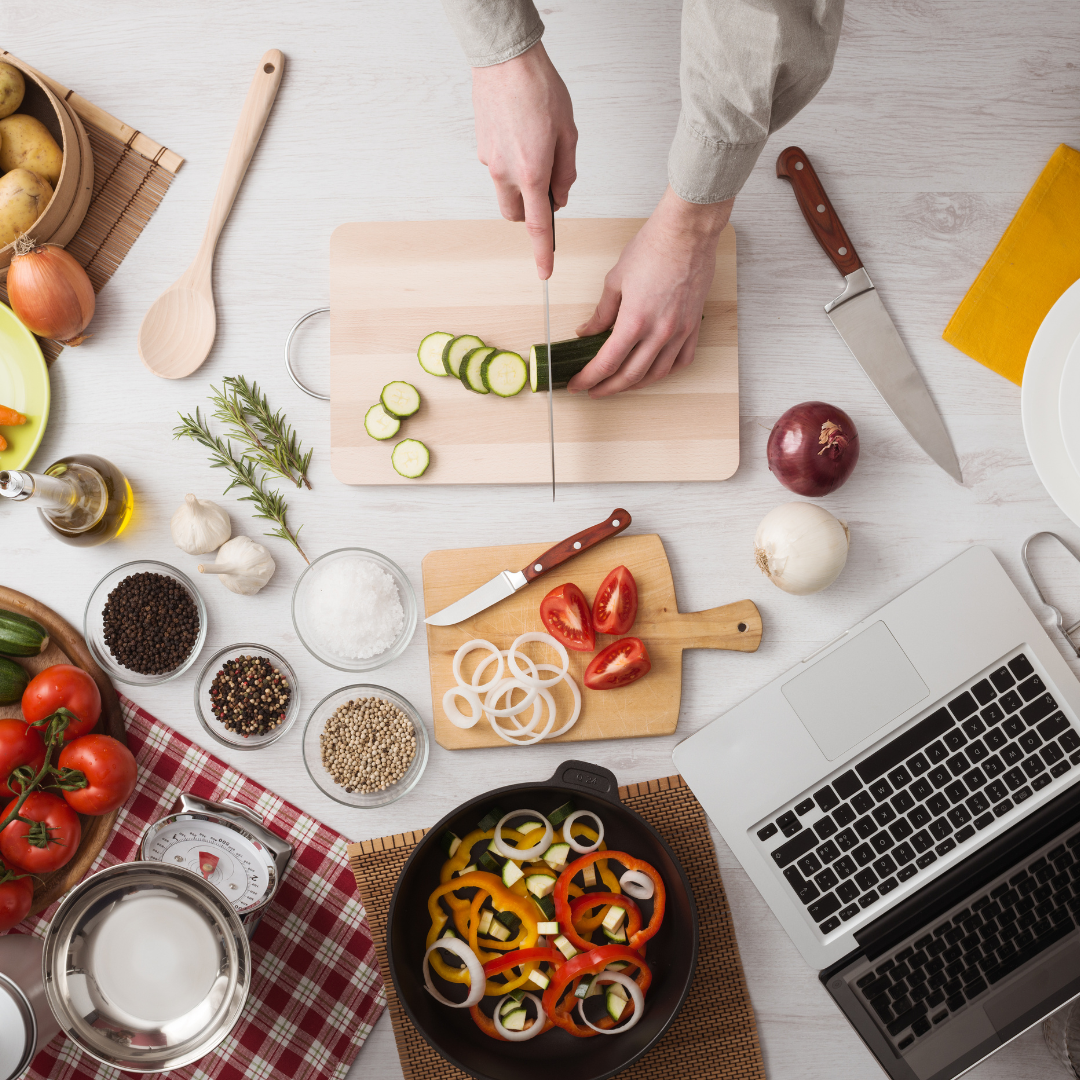Home for the Holidays for 2SLGBTQIIA+ students
The holidays can be mentally and emotionally overwhelming, especially when navigating unsure or unsafe spaces. It is important to remember that no matter how your family feels about your identity, you deserve to be loved unconditionally and others' discomfort with who you are says more about them than it does about you. Over the holidays, you might find yourself in a challenging space, it can be helpful to prepare yourself for feeling hurt or overwhelmed.
Prepping for conversations about gender/sexual identity
Consider what you want to share and discuss with your family members ahead of time. Remember that you decide when, how and if you want to come out and you don’t have to tell your entire extended family.
Keep in mind not everyone might be familiar with the terms you are using and some explanation may be required. You have the opportunity to define yourself and be clear on what terms mean to you rather than allowing people to rely on their own understanding. But also remember that you also get to decide how much you want to engage in “heated” conversations, you don’t have to defend or validate your identity to anyone. If something like this comes up, calmly but firmly let your family members know that they don’t have to agree with you, but that you do expect them to treat you with respect. These conversations can be hard, but they are important if you want to be able to include your family in your life going forward.
If you do decide to come out to your family, it can be beneficial for both parties to allow time and space for them to process the new information you've given them. Remember, these conversations don't have to happen all in one sitting. Only answer questions you are comfortable with, and take a break when needed.
Setting Boundaries
First and foremost- your family members may have their own thoughts and opinions on your gender identity and sexuality, but ultimately the only opinion that matters is your own.
Consider what limits you want to set with yourself and others before heading home. A lot of family events come from a sense of tradition and obligation, feel free to politely decline invitations if you think it would be better for your emotional health, you don’t owe anyone your time. If you do attend gatherings, set clear boundaries around what you are willing to discuss and to what extent. Assert yourself in a calm tone. If tension rises and you are beginning to feel overwhelmed or out of control, separate yourself. Take a walk; get a breath of fresh air.
If you know that it will be difficult to be at your family’s home for long periods- consider how long you should stay- if your break is 3 weeks but you can only handle 4-5 days, plan your flights accordingly. If your family presses you to be there longer, think of an excuse ahead of time.
Bringing a partner home
If you are planning on bringing your partner to family events, discuss with them in advance what will make you comfortable with respect to sleeping arrangements, displays of affection and navigating conversations about your relationship. Also, give your partner information about your family dynamics and share any issues that are weighing on you ahead of time.
To avoid confusion and conflict, plan sleeping arrangements with your family in advance. If there are members of your family who will be included in your celebration that you haven’t come out to yet, it’s probably a good idea to talk to them ahead of time, as well- addressing concerns in advance can avoid potentially unsafe and uncomfortable situations.
No matter the situation, you and your partner should approach it as a team - talk about your concerns and plan ahead for ways to be there for each other during the tough moments.
Have an Exit Strategy
Sometimes family dynamics make it difficult to stand up for ourselves and you may feel like you have to sit through unwanted or disrespectful questions and opinions. If you feel comfortable doing so, go for it, but know that it’s okay to remove yourself from stressful, triggering, or upsetting situations. Excuse yourself and go to the bathroom for a few minutes or take a quick walk around the block. Offer to refresh people’s drinks or run to the store for something. A good trick is to set the expectation ahead of time that you might need to step away suddenly. You can blame a looming deadline or an important call that might come up. You can be vague with your excuse, but if you make it ahead of time, it will be less awkward if you need to take some time away later on.
If things are feeling unsafe or are just getting to be too much, leave altogether if you need to. If you have a feeling that your stay isn’t going to be supportive, plan to leave early. You need to look after yourself first and foremost and no situation is worth compromising your physical or mental health over. If you don’t have access to your transportation- look at bus/train schedules to see what your options are or see if there is a supportive friend that you can stay with on short notice.
Not Going Home at All
If going home for the winter break fills you with dread or makes you feel unsafe, it's okay to give yourself permission to not go at all. Surround yourself with those who respect and affirm your identity and give you strength and plan activities that bring you joy. Be prepared for feelings of loss around not being able to adhere to your family traditions and make space for your emotions. Plan new traditions with your chosen family, look for events in your community or try to find local organizations you can support.
Practice self-compassion/ self-care
Different people need different kinds of self-care. Think about how you can make time for what you need over the break.
Keep in touch with supportive people in your life. Make a point to hang out with them or Facetime them if they are not nearby. If possible let these people know ahead of time that you may need their support over the break and ask what is the best way to connect. If they aren’t available (the break is busy!) make use of online communities.
Take time to decompress. Find quiet spaces in your house or neighbourhood where you can be alone, listen to music, read, or do whatever else you need.
Plan activities that bring you joy.
Take care of the basics- during stressful times we can ignore the basics of self-care like resting, eating well, and exercising.
Be kind to yourself- you are doing the best you can for the situation you are in. Give yourself permission to rest and recharge.
Mental Health Supports
Whatever you are dealing with over the break- remember that you don’t have to do it alone- supports are available to you.
LGBT YouthLine offers confidential and non-judgemental peer support through rext and chat services. Get in touch with a peer support volunteer from Sunday to Friday, 4:00 PM to 9:30 PM.
GOOD2TALK post-secondary crisis line, call 1-866-925-5454 or text GOOD2TALKON to 686868
TrevorSpace- is an affirming international community for LGBTQ young people ages 13-24.
Empty Closets- Empty Closets is an LGBTQ website that offers a forum where you can join in on discussions or start your own, a chat room and useful articles and links.
TalkCampus- A global online peer-to-peer support community for students, available 24/7 anywhere in the world
Pride Central’s “Unofficial Pride at Lakehead” Discord Server: https://discord.gg/eQ8KxrDh




